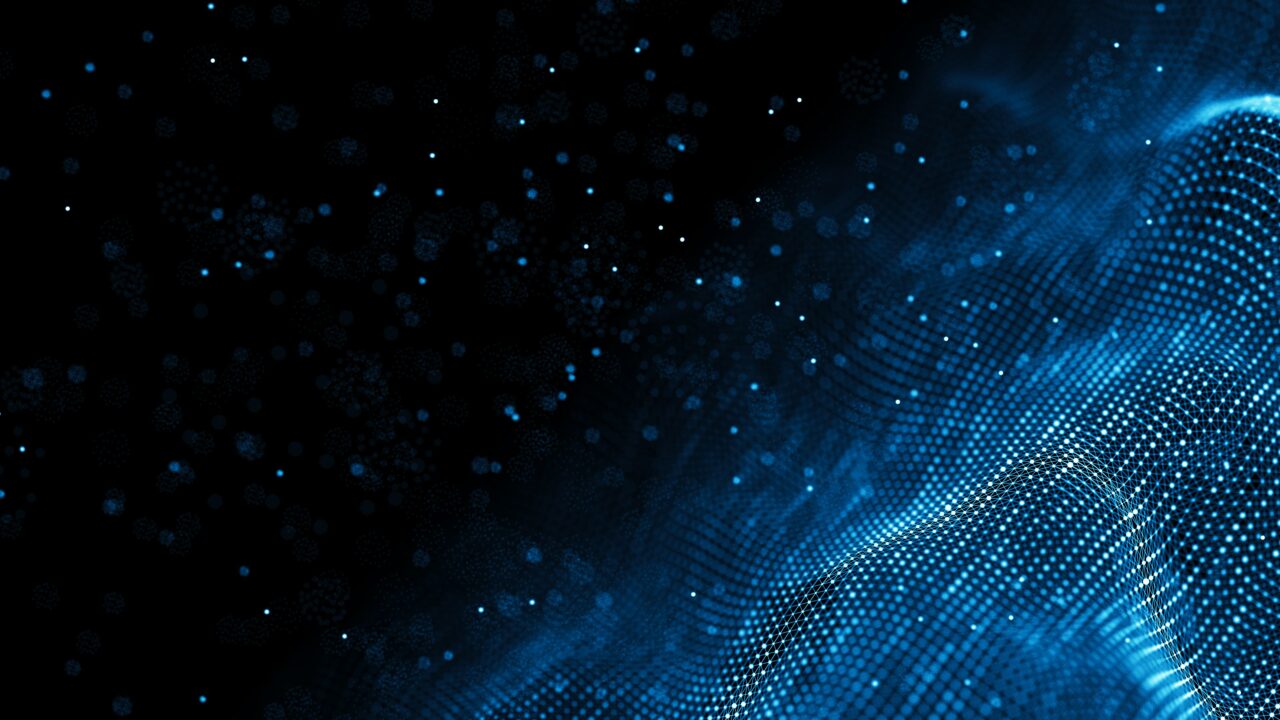If you’re looking for evidence that AI is going to vastly reshape just about every industry on the planet soon, just look at all the ways it’s already making an impact.
Companies are currently employing AI technology for an array of purposes, including automating repetitive tasks, providing customer service through chatbots, improving data analytics, and streamlining the hiring process.
That last one is a more interesting prospect than most, considering how personal the hiring process often is. Can AI pinpoint a perfect match for your organization better than you and your team? As is the case with many AI innovations, there are pros and cons to AI in hiring, and it may not currently be the best choice for every organization.
However, if you’re looking to streamline your hiring process and cut back on repetitive tasks related to it, there’s no doubt that it’s worth considering. But first, you’ll want to look at both sides of the AI hiring coin.
The Benefits of AI in Hiring
There’s a reason why an estimated 35-45% of all companies are currently utilizing AI in hiring. Take a look at some of the various benefits that this technology has to offer.
It Streamlines Your Hiring Process
AI can help make crafting the perfect team far easier by doing a ton of preliminary screening for you. It can scan resumes to determine qualifications, find strong matches, and then send out automated emails to move the process forward.
This can greatly reduce administrative tasks and help ensure you don’t miss that small window when the best candidates are still available.
It Improves the Candidate Experience
Your hiring practices represent a potential hire’s first experience with your organization. If your hiring process is slow, disorganized, confusing, and inefficient, it may make a bad impression. AI can help you avoid that issue by simplifying communication, speeding up the hiring process, and keeping things organized.
It Helps Eliminate Bias
As hard as we try to identify and eliminate unconscious bias in the hiring process, we are still only human, and that can sometimes mean unintentionally making hiring decisions that are not based on merit and qualification. AI can help combat this issue by focusing strictly on the skills, qualifications, and experience of the applicant.
The Potential Drawbacks of AI in Hiring

No hiring process is perfect, and AI is still in its infancy, so it’s to be expected that there are some potential disadvantages to consider when using AI in hiring.
Some Qualities Can’t Be Quantified
When it comes to finding the perfect fit for your organization, it’s not necessarily all about the work history and credentials of a candidate. Sometimes, it’s more about shared goals and natural chemistry, and as of right now, AI can’t be relied on to identify that.
It Can Be Inaccurate
There are limitations to AI that can lead to missed opportunities. This technology requires you to provide it with the information it needs to do its job. If that information is incomplete or inaccurate, then the AI can be inaccurate, too. These limitations can even lead to accidental bias in your hiring process.
Is AI in Hiring Right for Your Organization?
It’s not without its potential drawbacks, but AI in hiring seems to be the way of the future regardless. In fact, a staggering 96% of senior HR professionals hold the belief that this technology will be an incredible boon for hiring teams of all kinds going forward.
Implementing it will require some care, and you’ll probably make some mistakes, but if you’re not incorporating AI into your hiring process, you’re likely to fall behind the competition in due time.


